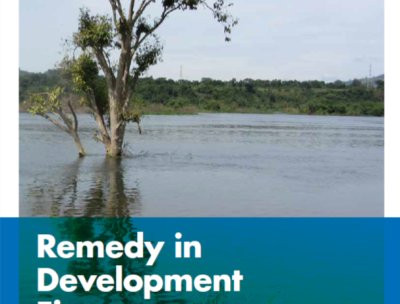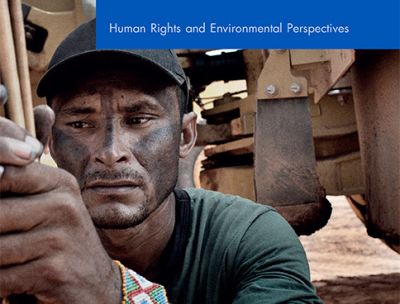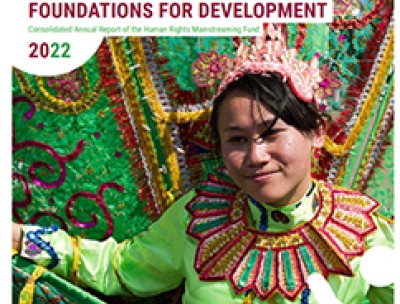
About
The Sustainable Development Goals (SDGs) are the blueprint to achieve a better and more sustainable future for all. They address the global challenges we face, including poverty, inequality, climate change, environmental degradation, peace and justice.
The increasing debt burden faced by the most indebted developing countries presents one of the greatest obstacles to sustainable development and eradicating poverty. For many developing countries, debt servicing has limited their ability to create the conditions for realizing economic, social and cultural rights.
Good governance is the process by which public institutions conduct public affairs, manage public resources and guarantee the realization of human rights in a manner free of abuse and corruption, and with due regard for the rule of law. Corruption undermines institutions and processes, the rule of law and ultimately the State itself.
Our work
UN Human Rights has made a strong contribution to the process of defining the SDGs and seeks to ensure that strategies and policies to implement the 2030 Agenda are human rights-based.
In line with this, we advise on achieving the SDGs, with activities ranging from best practice gathering and assessment of legal frameworks to capacity-building and institutional reform. We review economic policies such as fiscal consolidation, privatization, deregulation of financial and labour markets and lowering environmental protection standards, to assess their consequences on the enjoyment of human rights and inclusion of individuals and communities traditionally left behind.
Learn more about our work on good governance
Learn more about our work on the Sustainable Development Goals
Who else is involved
Independent Expert on foreign debt
Despite repeated rescheduling of debt, developing countries continue to pay out more each year than the amount they receive in official development assistance. The Independent Expert sets out to examine the problem of the debt burden of developing countries, the social impact of the measures arising from foreign debt, and the impact of illicit financial flows on the enjoyment of human rights.
UN Interagency Network on Human Rights, LNOB and Sustainable Development
The UN Interagency Network on Human Rights, LNOB and Sustainable Development brings together more than 18 UN entities working to strengthen human rights mainstreaming in development programming, including towards equality, non-discrimination, and strategic human rights results across the 2030 Agenda for Sustainable Development.







